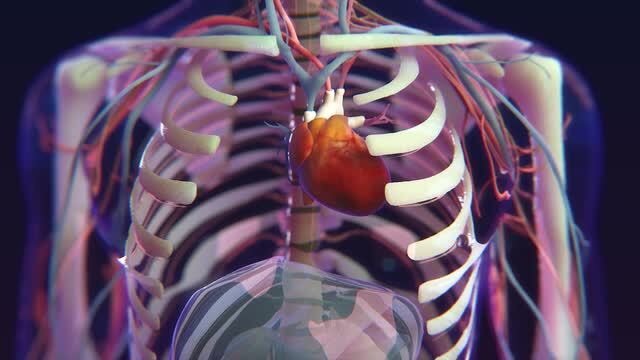Endocrine Glands
The endocrine system consists of a group of glands and organs that regulate and control various body functions by producing and secreting hormones. Hormones are chemical substances that affect the activity of another part of the body. In essence, hormones serve as messengers, controlling and coordinating activities throughout the body.
The individual organs that make up the endocrine system have different and often unrelated functions. Doctors who specialize in disorders of the endocrine system are known as endocrinologists. Many endocrinologists further subspecialize in the functions and disorders of specific glands.

The major glands of the endocrine system, each of which produces one or more specific hormones, are the
During pregnancy, the placenta also acts as an endocrine gland by producing hormones that support the pregnancy in addition to its other functions Development of the Fetus and Placenta A baby goes through several stages of development, beginning as a fertilized egg. The egg develops into a blastocyst, an embryo, then a fetus. During each normal menstrual cycle, one egg (ovum). read more .
Major Endocrine Glands
The major glands of the endocrine system are the hypothalamus, the pituitary gland, the thyroid gland, the parathyroid glands, the islet cells of the pancreas, the adrenal glands, the testes in men, and the ovaries in women.
Not all organs that secrete hormones or hormone-like substances are considered part of the endocrine system. For example, the kidneys produce the hormone renin, which functions as an enzyme to help control blood pressure, and the hormone erythropoietin to stimulate the bone marrow to produce red blood cells. In addition, the digestive tract produces a variety of hormones that control digestion, affect insulin secretion from the pancreas, and alter behaviors, such as those associated with hunger. Fat (adipose) tissue also produces hormones that regulate metabolism (how the body uses foods to control chemical processes in the body) and appetite.
Additionally, the term “gland” does not necessarily mean that the organ is part of the endocrine system. For example, sweat glands, salivary glands, glands in mucus membranes, and mammary glands are called exocrine glands, because they secrete substances other than hormones and because they secrete the substances into ducts, not directly into the bloodstream.
The pancreas Pancreas The pancreas is an organ that contains two types of glandular tissue: Pancreatic acini Islets of Langerhans (See also Overview of the Digestive System.) The acini produce digestive enzymes. read more is both an endocrine and exocrine gland. Specialized areas within the pancreas make insulin and other hormones that are released into the bloodstream to regulate the level of sugar in the blood, and other areas make digestive fluids that pass through the pancreatic duct and eventually into the small intestine to help digest food.
Did You Know.
Some people use the term “swollen glands” to refer to swollen lymph nodes, especially when the nodes in the neck are swollen. However, lymph nodes Swollen Lymph Nodes Lymph nodes are tiny, bean-shaped organs that filter lymph fluid. They are located throughout the body, but particular collections are found just under the skin in the neck, under the arms. read more are not glands.